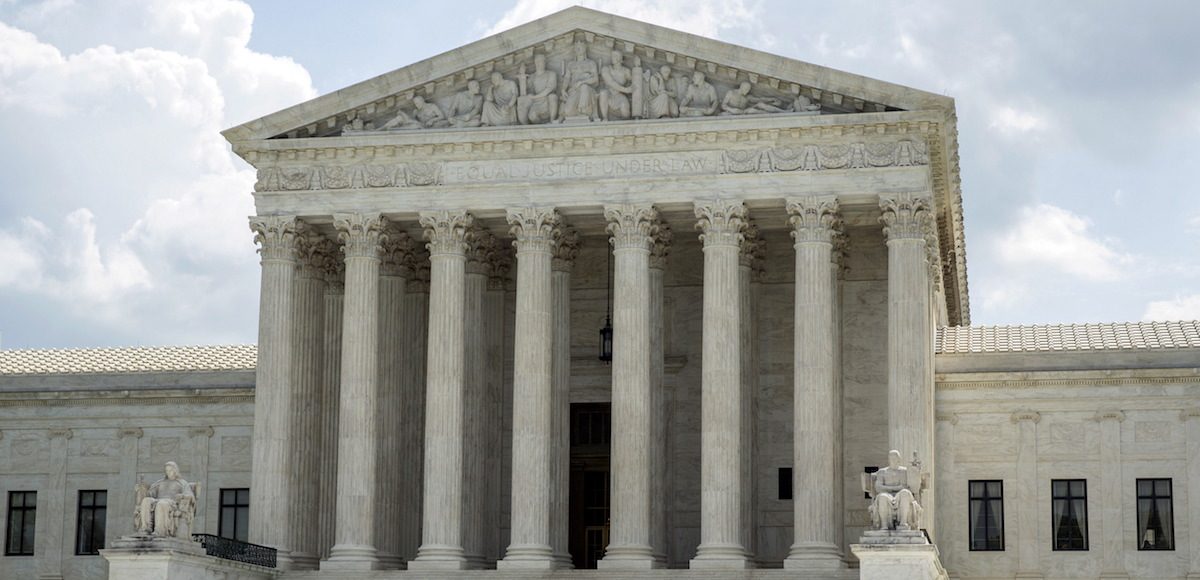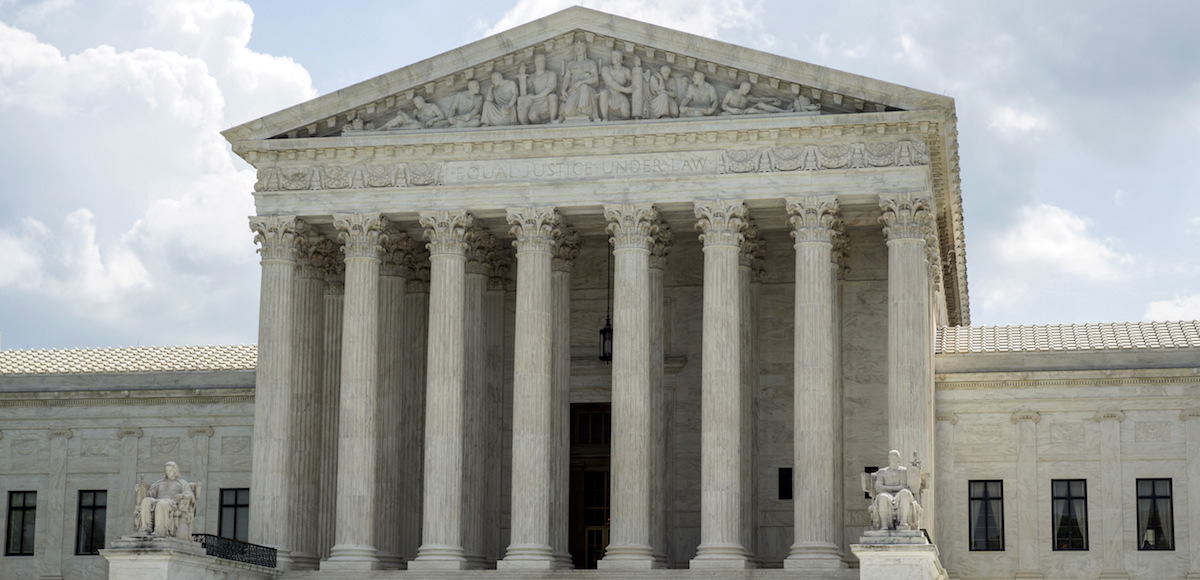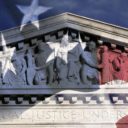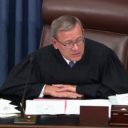

The U.S. Supreme Court stands in Washington, D.C., on May 18, 2015. (Photo: Reuters)
The U.S. Supreme Court ruled against public sector unions in Janus v. AFSCME, overturning 41-year-old case precedent that forced government workers to pay union dues.
In Abood v. Detroit Board of Education (1977), the Court upheld the maintaining of a union shop in a public workplace. In a 5 to 4 decision, the Court said there were “very strong reasons” not to follow the precedent in Abood.
“Fundamental free speech rights are at stake,” the Court ruled. “Abood was poorly reasoned.”
Justice Samuel Alito delivered the majority opinion for the Court, joined by Chief Justice John Roberts, Anthony Kennedy, Clarence Thomas and Neil Gorsuch.
Justices Sonia Sotomayor, as did Elena Kagan in an opinion joined by Ruth Bader Ginsburg, Stephen Breyer, and Sotomayor.
At issue in the case was whether government employees who are represented by a union to which they do not belong can be forced to pay union dues (a fee) to fund collective bargaining. The plaintiff in this case, an Illinois state employee, argued that having to pay the fees violates the First Amendment.
Mark Janus, an Illinois state employee, paid about $550 each year to the powerful public-sector union known as the American Federation of State, County, and Municipal Employees, Council 31 (AFSCME). While not a member of the union, he was still required under state law to hand over a weekly percentage of his paycheck.
AFSCME President Lee Saunders and other labor leaders say Mr. Janus is a “free rider,” though they claimed to have a legal obligation to advocate for all employees.
The Court agreed with Mr. Janus, ruling for the employee and against the union. The majority said the ruling in Abood “has led to practical problems and abuse. It is inconsistent with other First Amendment cases and has been undermined by more recent decisions.”
Justice Kagan, a liberal appointed by Barack Obama, said the decision today “will have large-scale consequences. Public employee unions will lose a secure source of financial support. State and local governments that thought fair-share provisions furthered their interests will need to find new ways of managing their workforces.”
While the decision is limited to public sector unions because the First Amendment only constrains government, legal and political analysis see the decision as having a greater impact on labor. Politically, it’s a catastrophe for Democrats and public sector unions, who have had an incestuous relationship for four decades.
Worth noting, President Franklin D. Roosevelt was opposed to collective bargaining rights for public sector employees.
“Roosevelt absolutely did not favor collective bargaining for federal workers and especially did not favor the right to strike,” public-sector labor scholar Joseph McCartin told Salon.com in 2011.
The public sector is one of the last bastions of strength for the weakening labor movement. While only 6.5% of the private sector is unionized now that they’ve been given a choice in nearly 30 states, roughly 34% of government workers are still unionized.
The decision by the U.S. Supreme Court will be devastating to them.








MN Jim / June 27, 2018
Note Kagan doesn’t care about the constitution. She cares about the unions. She only cares about th… https://t.co/tBLcPJZRWz
/